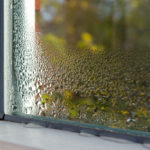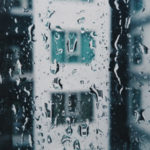High humidity in the air can cause damage and reduce the lifespan of speakers, as well as affect their sound quality. To address this issue, you need methods to reduce humidity and protect your audio equipment. Let’s explore some highly effective ways to waterproof your speaker system in this article.
1 Why Do You Need to Waterproof Your Speakers During the Rainy Season?
During the rainy season, high humidity in the air can affect the sound quality and audio components of speakers through small openings. If you don’t waterproof your speakers, the moisture in the air can cause oxidation and damage to the internal components.
This leads to reduced sound quality and impacts the lifespan of your speaker system. Therefore, it is essential to waterproof your speakers during the rainy season to protect your equipment and ensure optimal sound quality.
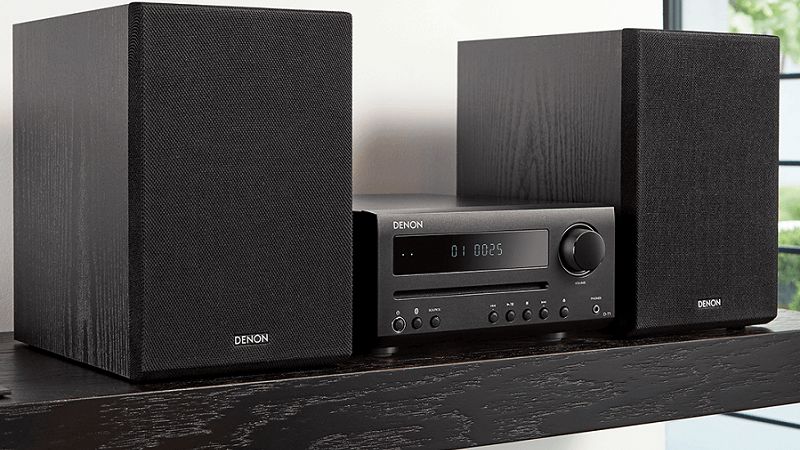 It is necessary to waterproof your speakers during the rainy season
It is necessary to waterproof your speakers during the rainy season
2 Ways to Waterproof Your Speakers During the Rainy Season
Limit Opening Doors When Not Necessary
To best preserve your speakers and audio equipment, place them in a closed room. This helps limit exposure to humid outside air and creates optimal conditions for the equipment to function.
However, avoid opening the room door frequently unless necessary to prevent changes in humidity and maintain equipment performance. By doing so, you can optimize the preservation of your audio equipment and minimize moisture-related damage during use.
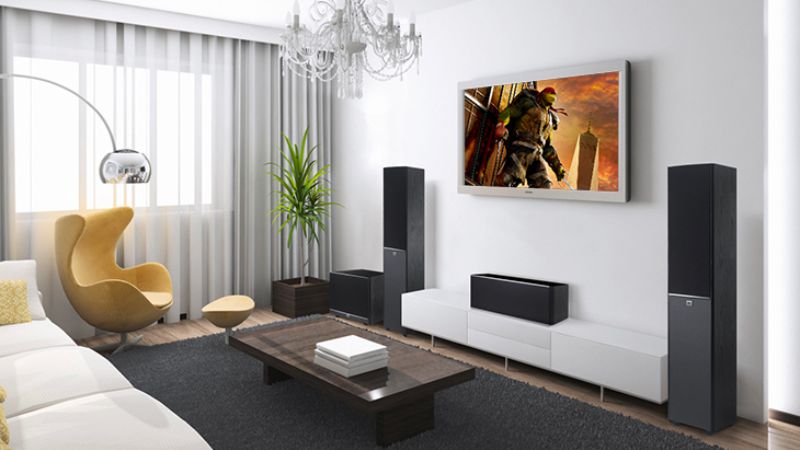 Limit opening doors when not necessary
Limit opening doors when not necessary
Use a Hair Dryer
If your speakers get wet, don’t panic. Simply use a hairdryer to dry the equipment. However, remember to disconnect the power and remove any internal circuits or boards before using the hairdryer for safety.
This way, you can quickly fix water-related issues and ensure your speakers function normally again. However, avoid using the hairdryer at high temperatures to prevent damaging your speakers.
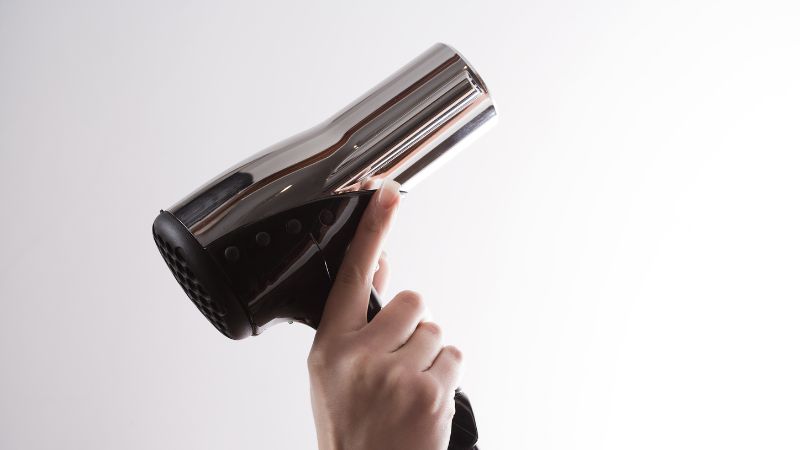 Use a hair dryer
Use a hair dryer
Place Near Other Electrical Appliances
To minimize moisture during operation, place your audio system near other electrical appliances. When positioned close to other appliances, your audio system will absorb the heat generated by the neighboring devices.
This is a simple and effective way to protect your equipment from moisture, and it can be applied in any home with continuously operating electrical appliances such as TVs, computers, etc.
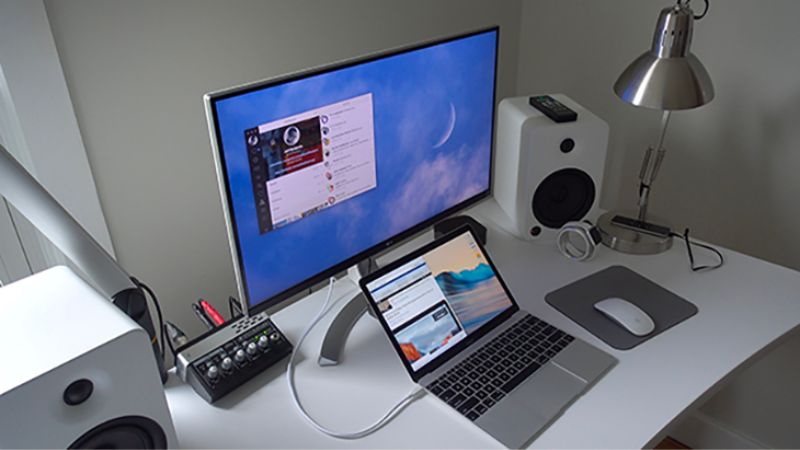 Place near other electrical appliances
Place near other electrical appliances
Keep Them Plugged In and Use Them Regularly
To prevent moisture-related damage due to high humidity during the rainy season, one effective method is to keep your audio equipment plugged in and use it regularly. Regular use generates heat, helping to dry the air around the equipment.
This approach will minimize the potential for damage and maintain better performance in a humid environment.
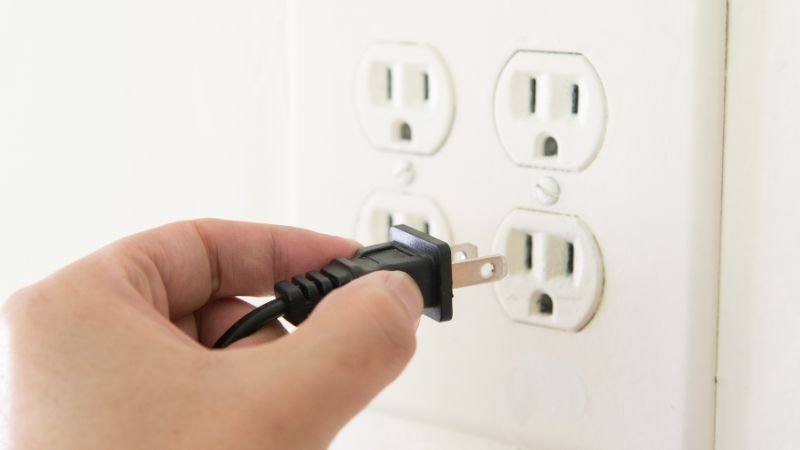 Keep them plugged in and use them regularly
Keep them plugged in and use them regularly
Use Moisture-Absorbing Bags
Moisture-absorbing bags are handy for protecting your speakers from moisture damage, and they are readily available in various sizes from hardware stores or bookshops. With these bags, you can rest assured that your speakers are safeguarded from detrimental moisture.
If you can’t find ready-made moisture-absorbing bags, you can make your own using simple materials such as thin fabric bags, sand, foam, or cotton wool placed next to the equipment you want to keep dry.
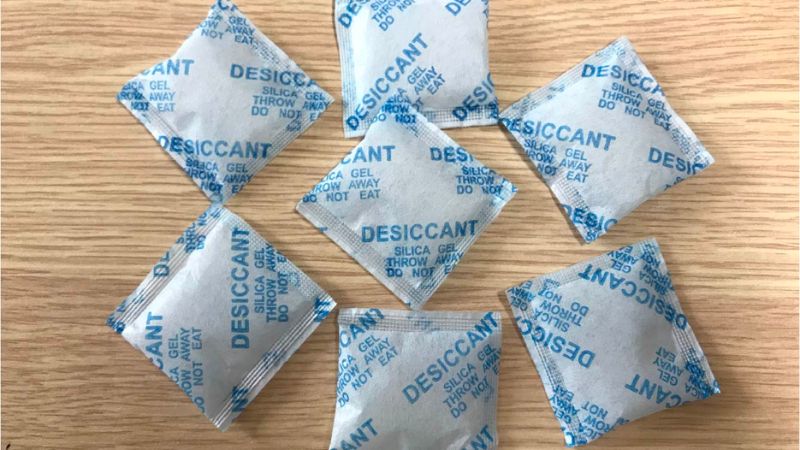
Place Them in an Air-Conditioned Room
In addition to using a dehumidifier, if your room is equipped with air conditioning, this can also be a simple preservation method. Air conditioning helps maintain optimal humidity levels and protects electronic devices and speakers, keeping them in the best condition and reducing the risk of damage even when not in use.
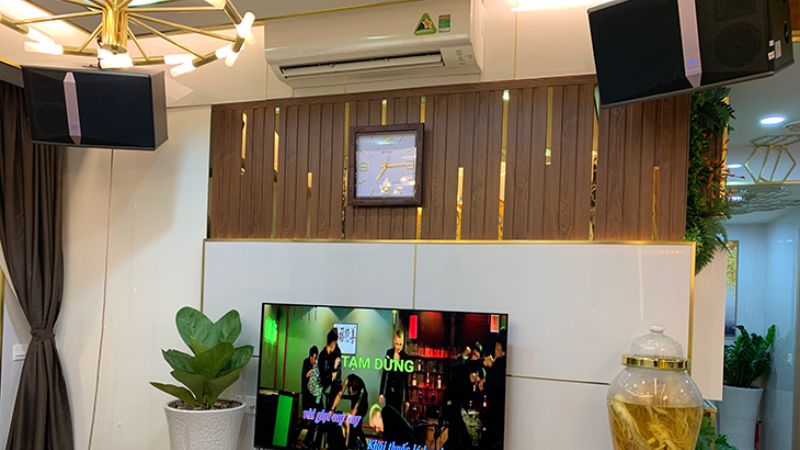 Place them in an air-conditioned room
Place them in an air-conditioned room
Use a Dehumidifier
When audio equipment is not in frequent use, invest in a dehumidifier to maintain a dry room environment and reduce moisture in the air. This ensures that electronic devices are not affected by high humidity during wet weather or heavy rainfall.
This is an effective way to protect and preserve your audio equipment during periods of high humidity, especially during the rainy season, while also prolonging the lifespan of your products.
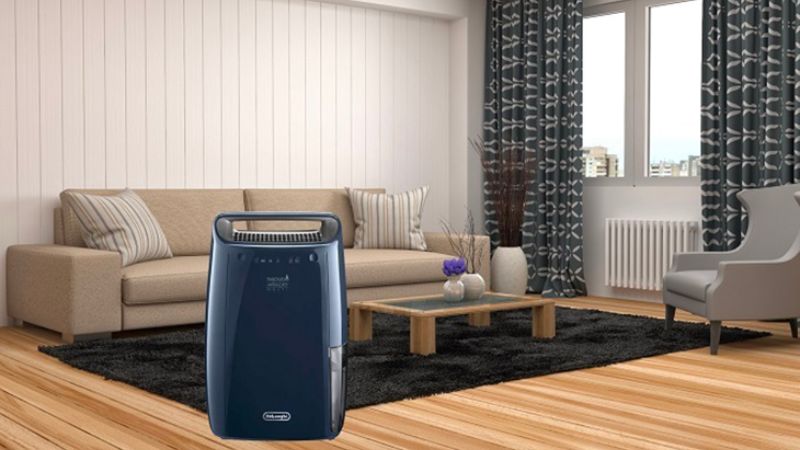 Place them in a room with a dehumidifier
Place them in a room with a dehumidifier
Avoid Placing Speakers Directly on the Floor or Against Walls
One easy method applicable in any home is to create distance between the speakers and the floor or walls. Simply move the speakers to a higher position or use stands to prevent direct contact with the floor.
Additionally, keep your audio system about 20cm away from the wall to avoid direct contact and reduce the risk of moisture and mold. This way, you can protect your equipment, maintain sound quality, and ensure the health of those using the equipment.
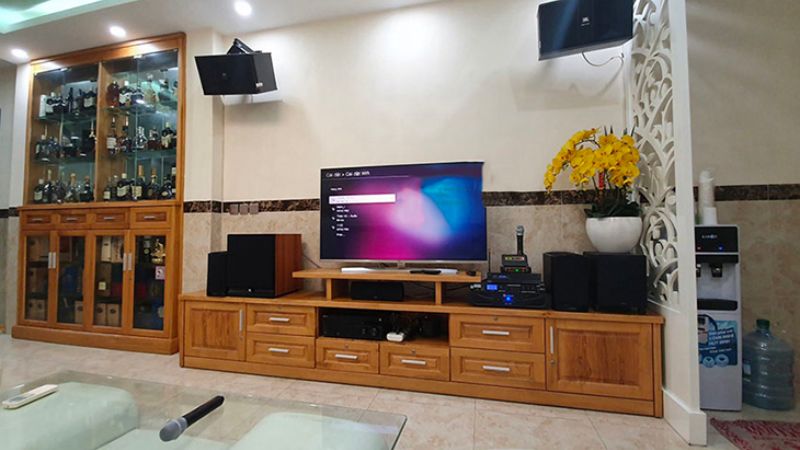 Avoid placing speakers directly on the floor or against walls
Avoid placing speakers directly on the floor or against walls
The above methods provide effective ways to waterproof your speakers during the rainy season. We hope this article has provided you with valuable information.
Humidity? Tips to Reduce Air Humidity Effectively’>What is Air Humidity? Tips to Reduce Air Humidity Effectively
The following article delves into the world of air humidity and reveals ingenious tips and tricks to reduce it effectively. Discover how you can take charge of your indoor climate and create a healthier living environment. Learn the secrets to maintaining optimal humidity levels and experience a boost in your well-being!
























